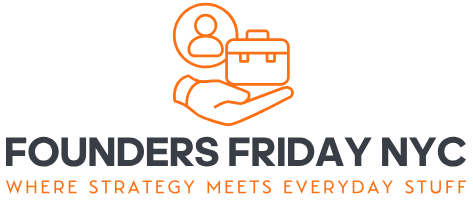Why I Trust the Honeywell Enviracaire Elite Filter for Clean Air: My Personal Experience and Expert Insights
As I settled into my cozy living room, surrounded by the familiar hum of everyday life, I couldn’t help but think about the unseen elements that influence the air we breathe. In a world where air quality often takes a backseat to more pressing concerns, I discovered the Honeywell Enviracaire Elite Filter—a remarkable solution that…
